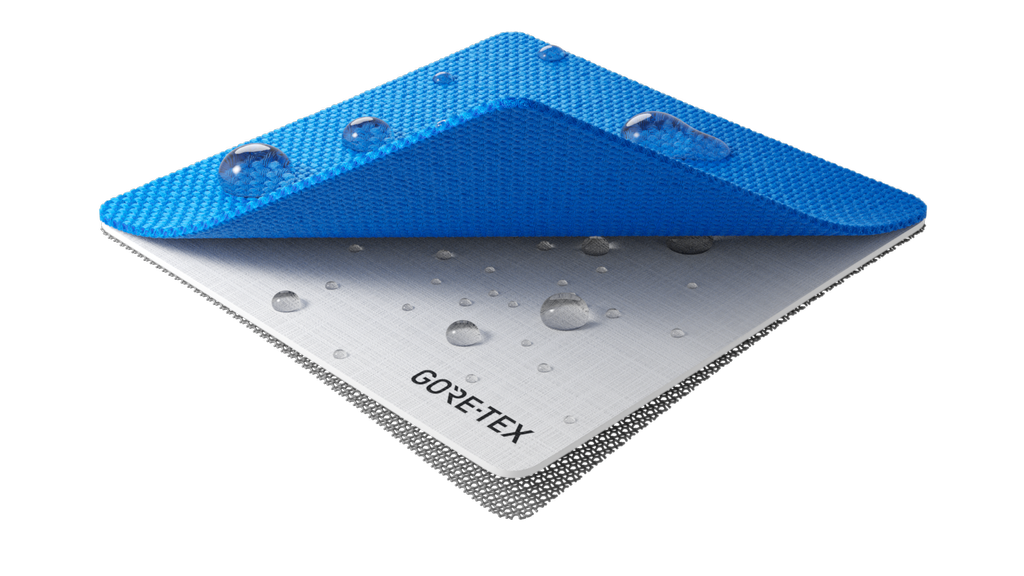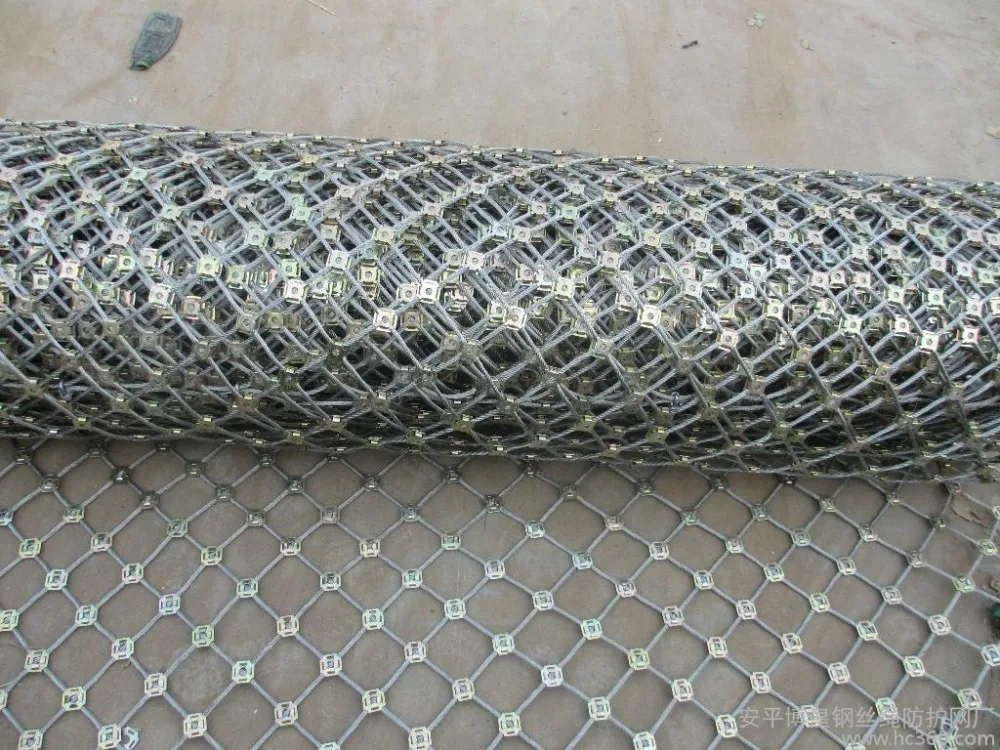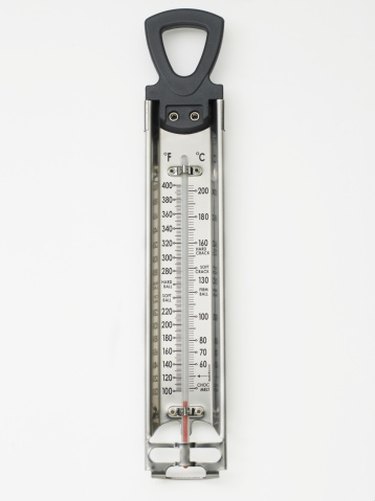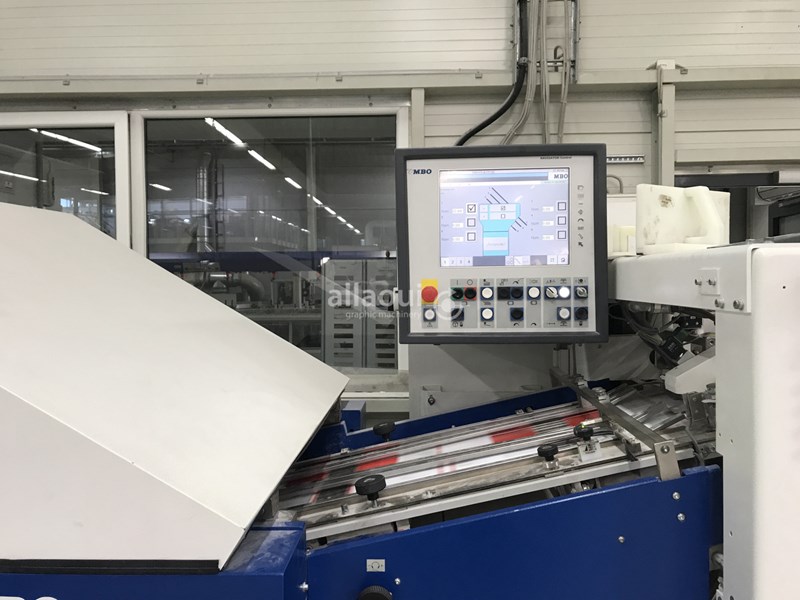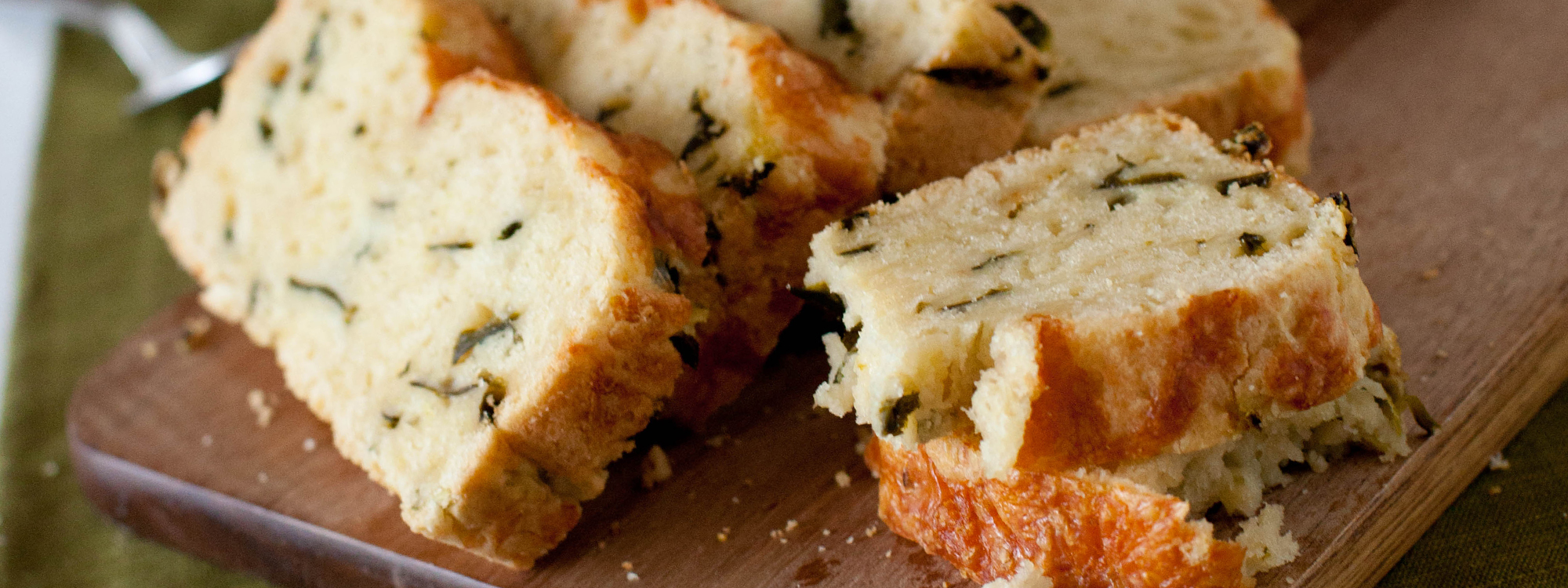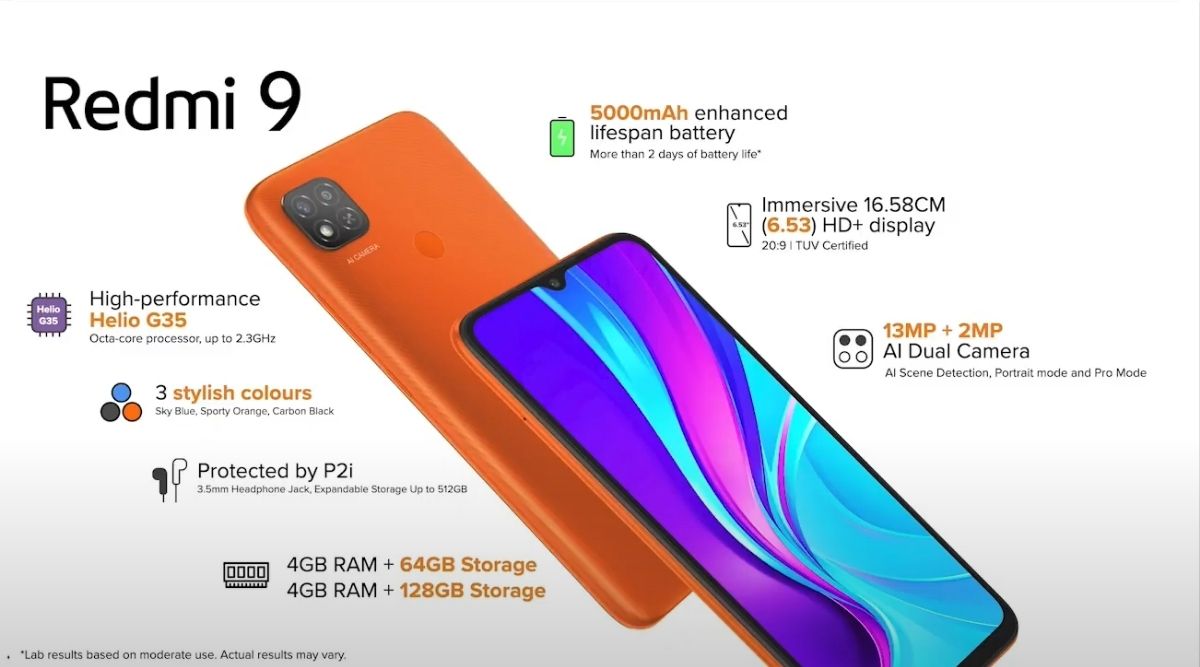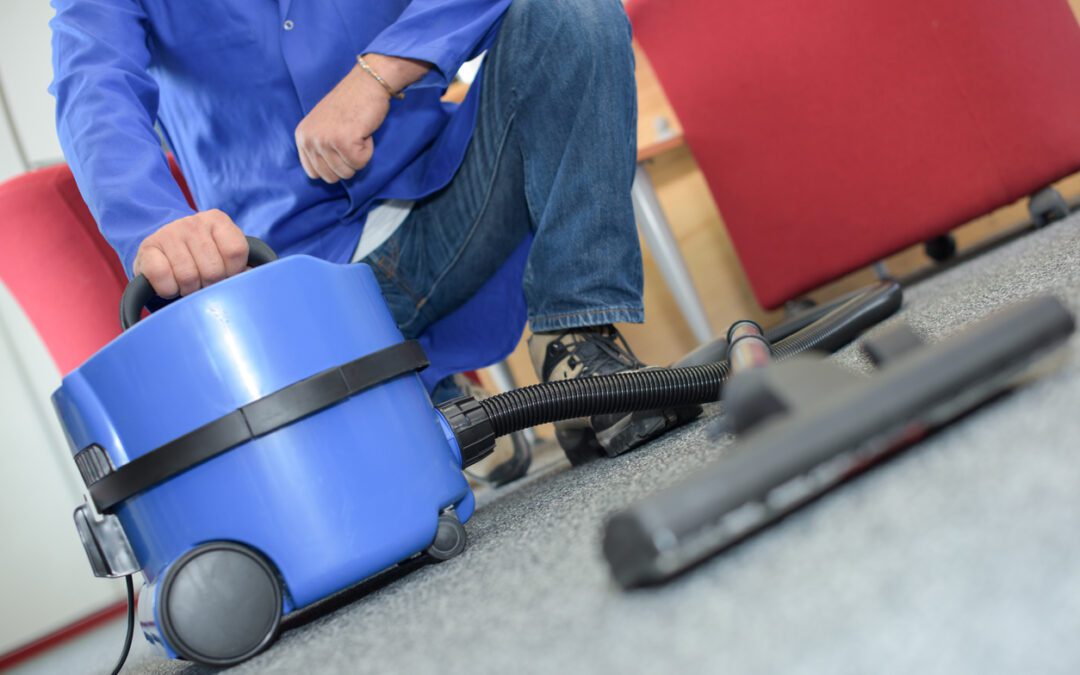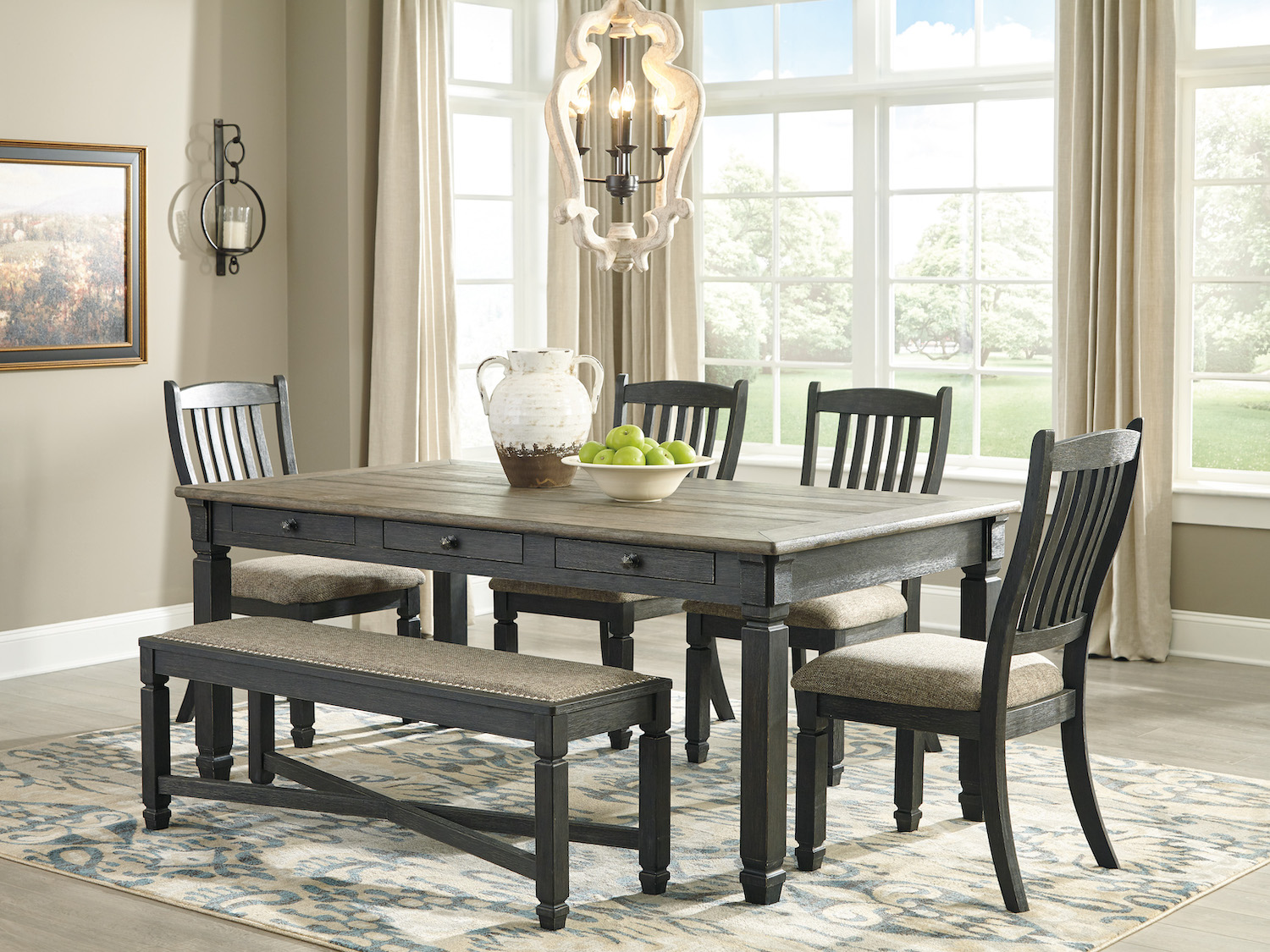Waterproofing is a key factor to consider when choosing between a mattress cover and a protector. While both serve to protect your mattress from spills and stains, a protector offers better waterproofing capabilities. This is because protectors are made with a special waterproof layer, usually made of polyurethane, that prevents liquids from seeping through to your mattress. On the other hand, a cover may be water-resistant but not completely waterproof, leaving your mattress vulnerable to moisture and bacteria.1. Waterproofing
The material used in a mattress cover or protector can greatly affect its performance and comfort. Covers are usually made from cotton, polyester, or a blend of both, giving them a soft and comfortable feel. Protectors, on the other hand, are commonly made from thicker materials such as vinyl or polyurethane, which provide a more durable and protective layer. When choosing between the two, consider your personal preferences and needs for both comfort and protection.2. Material
The main purpose of a mattress cover is to provide a layer of protection against dust, dirt, and allergens. They are also great for adding an extra layer of comfort to your mattress. On the other hand, protectors are specifically designed to protect your mattress from spills, stains, and moisture. They also offer hypoallergenic properties, making them a great choice for individuals with allergies or asthma.3. Purpose
The thickness of a mattress cover or protector can greatly affect its performance and comfort. Covers are usually thin and lightweight, providing a minimal layer of protection and comfort. Protectors, on the other hand, are thicker and more heavy-duty, offering a more substantial barrier against spills and stains. If you are looking for a more durable and protective option, a thicker protector may be the better choice for you.4. Thickness
When it comes to breathability, mattress covers and protectors offer different levels of airflow. Covers, being thinner and lighter, are more breathable and allow for better air circulation. This can be beneficial for hot sleepers who tend to overheat at night. Protectors, on the other hand, are thicker and may restrict airflow, but they also offer better waterproofing capabilities. Consider your personal needs and preferences for temperature regulation when choosing between the two.5. Breathability
Protection is the main purpose of both a mattress cover and a protector. However, protectors offer better protection against spills, stains, and moisture. They also provide a barrier against dust mites and allergens, making them a great choice for individuals with allergies or asthma. Covers, on the other hand, offer minimal protection against spills and stains and are better suited for protecting against dust and dirt.6. Protection
When it comes to durability, protectors are the clear winner. They are made with thicker and more heavy-duty materials, making them more resistant to wear and tear. Covers, on the other hand, are thinner and may not be as durable, especially if they are made from lower quality materials. If you are looking for a long-lasting option, consider investing in a protector for your mattress.7. Durability
Comfort is an important factor to consider when choosing between a mattress cover and a protector. Both can add an extra layer of comfort to your mattress, but covers are usually softer and more comfortable to sleep on. Protectors, being thicker and made with different materials, may not offer the same level of comfort. However, they are still a great option for adding some extra cushioning and protection to your mattress.8. Comfort
The price difference between a mattress cover and protector can be significant. Covers, being thinner and less durable, are usually more affordable than protectors. However, protectors offer better protection and durability, making them a worthwhile investment in the long run. Consider your budget and needs when deciding between the two.9. Price
When it comes to cleaning and maintenance, both mattress covers and protectors are relatively easy to care for. Covers can usually be machine washed and dried, making them convenient to clean. Protectors, on the other hand, may require more specialized care, such as spot cleaning or air drying. Consider your lifestyle and preferences when it comes to cleaning and maintaining your bedding. In conclusion, while both mattress covers and protectors serve to protect and prolong the life of your mattress, they offer different levels of protection and comfort. Ultimately, the choice between the two will depend on your personal needs and preferences. Consider the factors discussed above when making your decision and choose the option that best suits your specific needs and budget.10. Cleaning and Maintenance
The Importance of Protecting Your Mattress
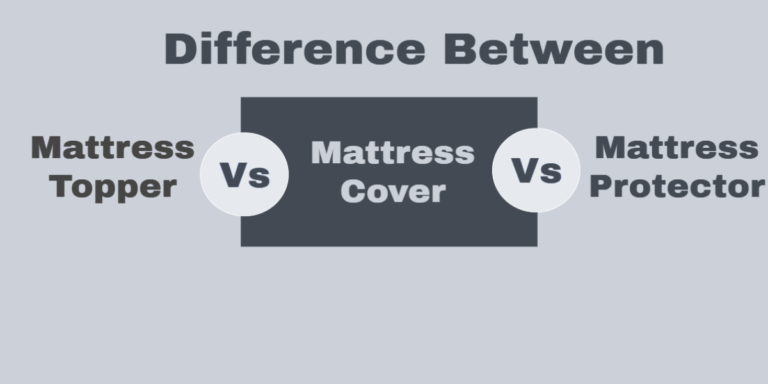
The Difference Between a Mattress Cover and Protector
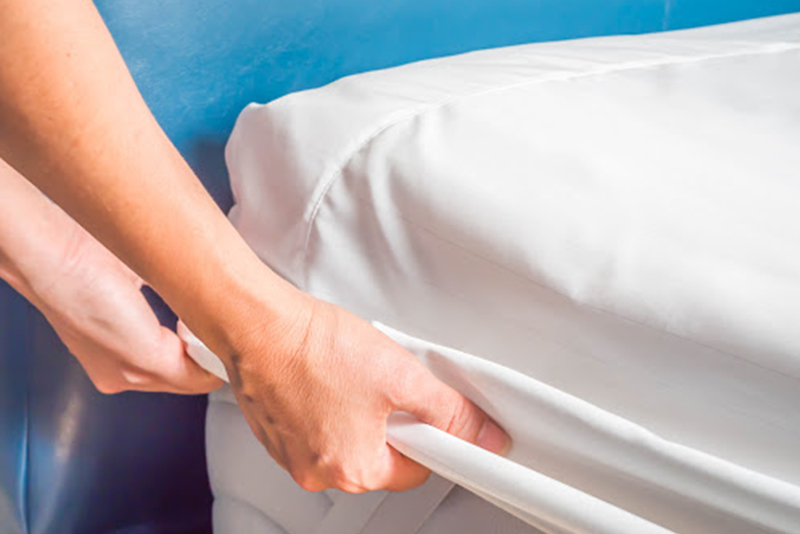 When it comes to protecting your mattress, there are two main options: a
mattress cover
and a
mattress protector
. While both serve the purpose of safeguarding your mattress, they have distinct differences that make them suitable for different needs and preferences.
Mattress covers
are typically made of thin, stretchy materials that act as a barrier between your body and the mattress. They are often used to keep the mattress clean and free from dust, dirt, and stains.
Mattress covers
also offer a certain level of waterproof protection, making them ideal for those who have young children or pets that may accidentally spill liquids on the bed.
On the other hand, a
mattress protector
is thicker and more durable than a
mattress cover
. It is designed to provide a higher level of protection for your mattress, acting as a shield against spills, stains, and even bed bugs.
Mattress protectors
are also hypoallergenic, making them a great choice for those with allergies or sensitivities to dust mites and other allergens.
While both options offer protection for your mattress, the main difference lies in their level of protection and durability. A
mattress cover
is more suitable for light protection and easy maintenance, while a
mattress protector
is a better choice for those looking for a long-term solution to keep their mattress in top condition.
Additionally, some
mattress protectors
come with additional features such as temperature regulation and noise reduction, making them a popular choice for those looking to enhance their sleeping experience.
In conclusion, whether you choose a
mattress cover
or a
mattress protector
depends on your specific needs and preferences. Both options offer protection for your mattress, but
mattress protectors
provide a higher level of durability and added features. Whichever you choose, investing in a quality mattress protector or cover is essential to prolonging the life of your mattress and ensuring a clean and comfortable sleeping environment.
When it comes to protecting your mattress, there are two main options: a
mattress cover
and a
mattress protector
. While both serve the purpose of safeguarding your mattress, they have distinct differences that make them suitable for different needs and preferences.
Mattress covers
are typically made of thin, stretchy materials that act as a barrier between your body and the mattress. They are often used to keep the mattress clean and free from dust, dirt, and stains.
Mattress covers
also offer a certain level of waterproof protection, making them ideal for those who have young children or pets that may accidentally spill liquids on the bed.
On the other hand, a
mattress protector
is thicker and more durable than a
mattress cover
. It is designed to provide a higher level of protection for your mattress, acting as a shield against spills, stains, and even bed bugs.
Mattress protectors
are also hypoallergenic, making them a great choice for those with allergies or sensitivities to dust mites and other allergens.
While both options offer protection for your mattress, the main difference lies in their level of protection and durability. A
mattress cover
is more suitable for light protection and easy maintenance, while a
mattress protector
is a better choice for those looking for a long-term solution to keep their mattress in top condition.
Additionally, some
mattress protectors
come with additional features such as temperature regulation and noise reduction, making them a popular choice for those looking to enhance their sleeping experience.
In conclusion, whether you choose a
mattress cover
or a
mattress protector
depends on your specific needs and preferences. Both options offer protection for your mattress, but
mattress protectors
provide a higher level of durability and added features. Whichever you choose, investing in a quality mattress protector or cover is essential to prolonging the life of your mattress and ensuring a clean and comfortable sleeping environment.
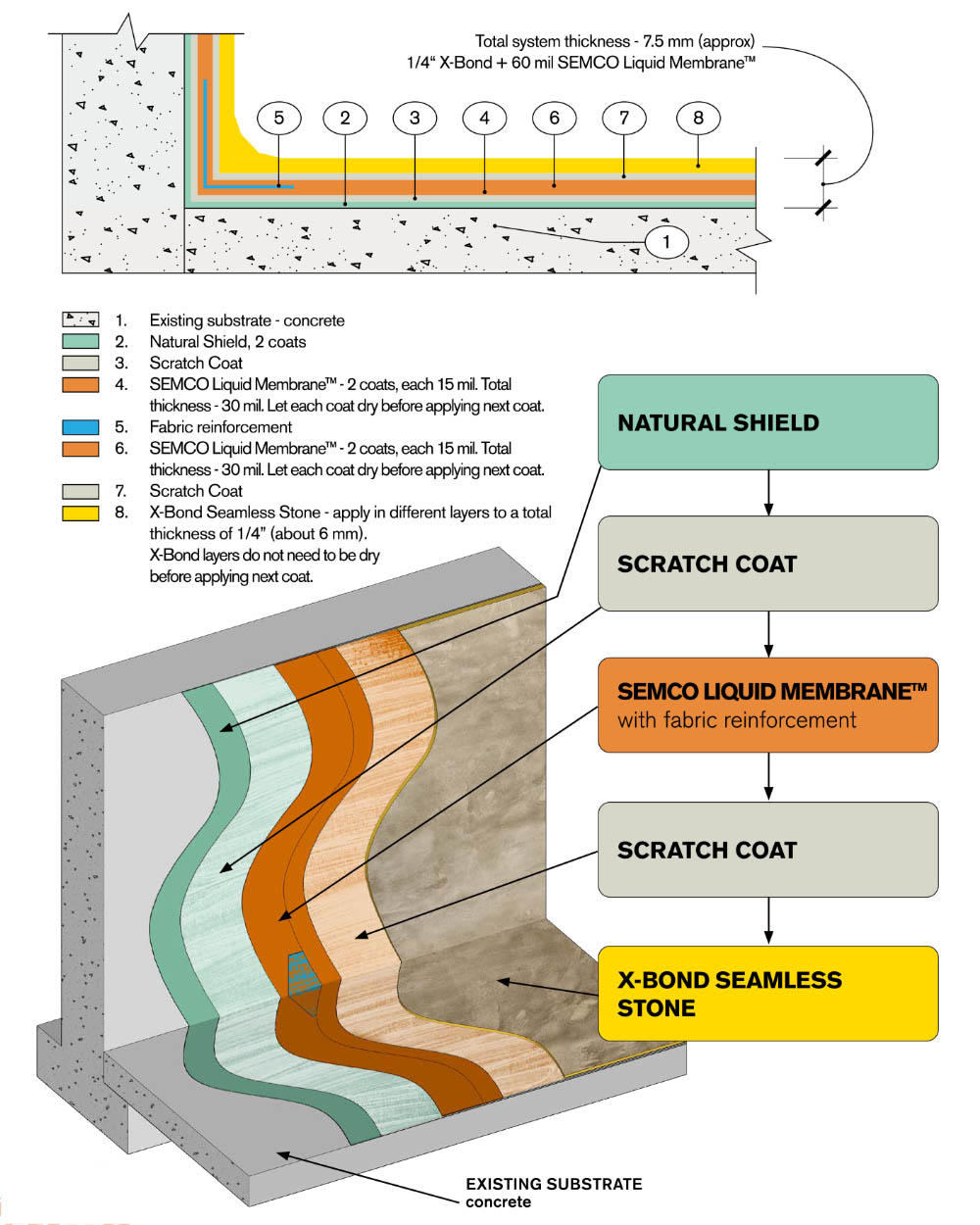





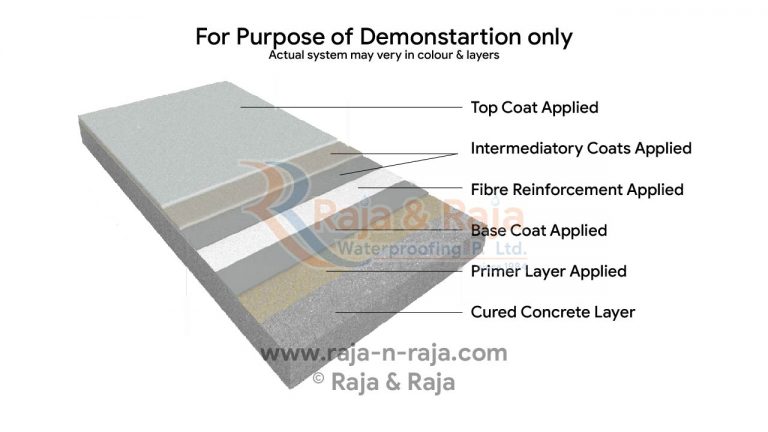
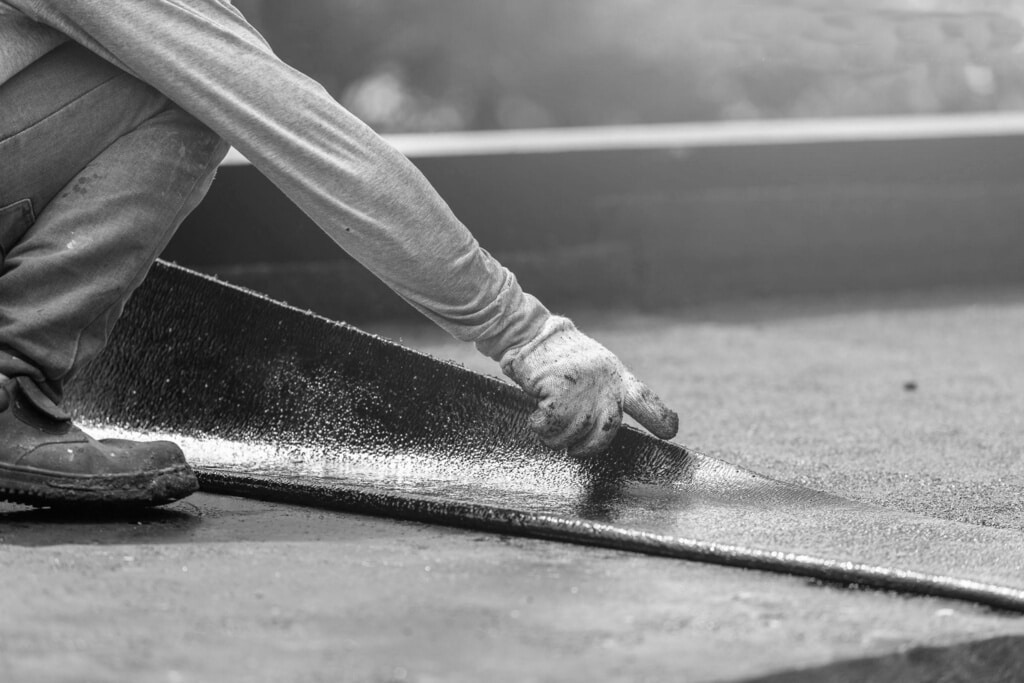






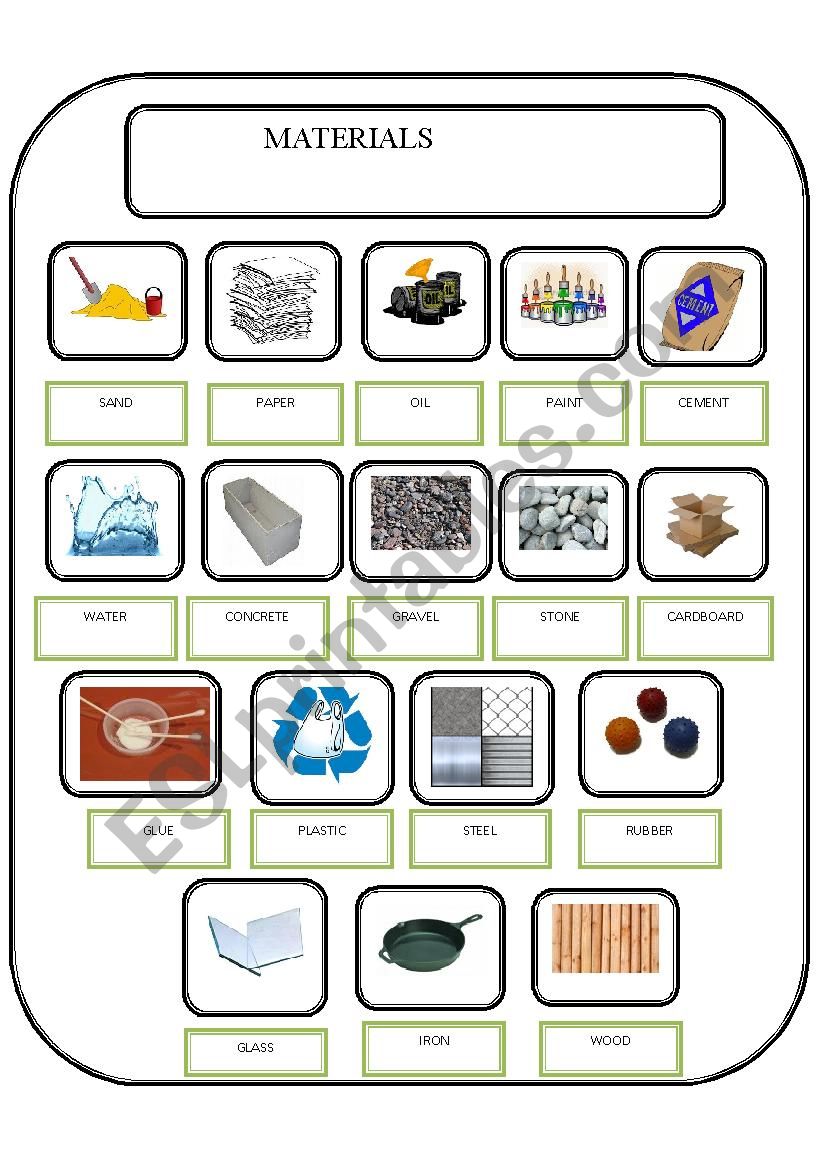
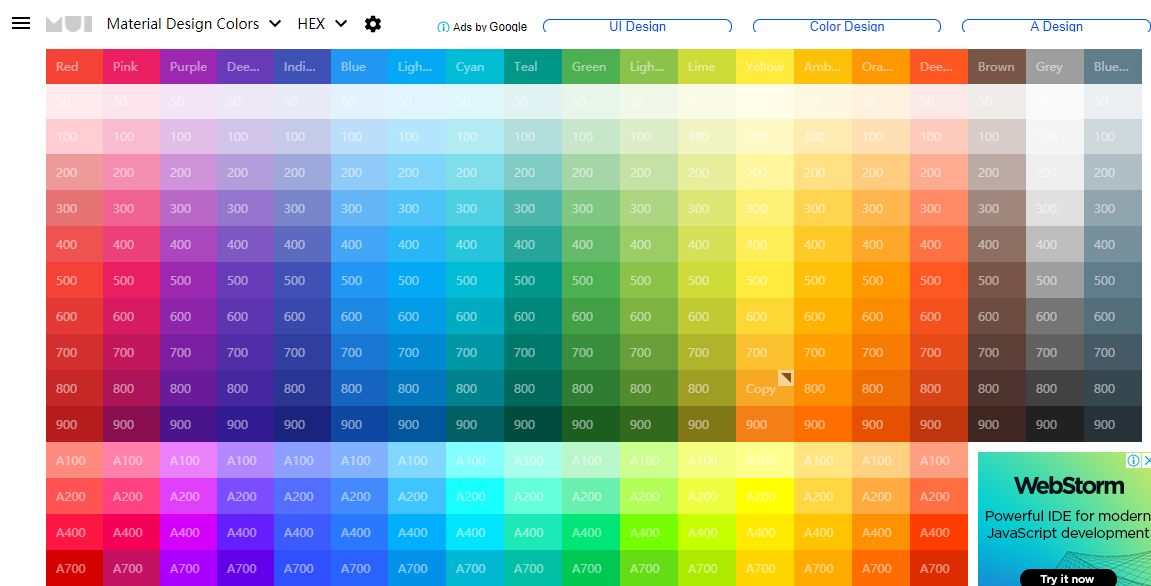


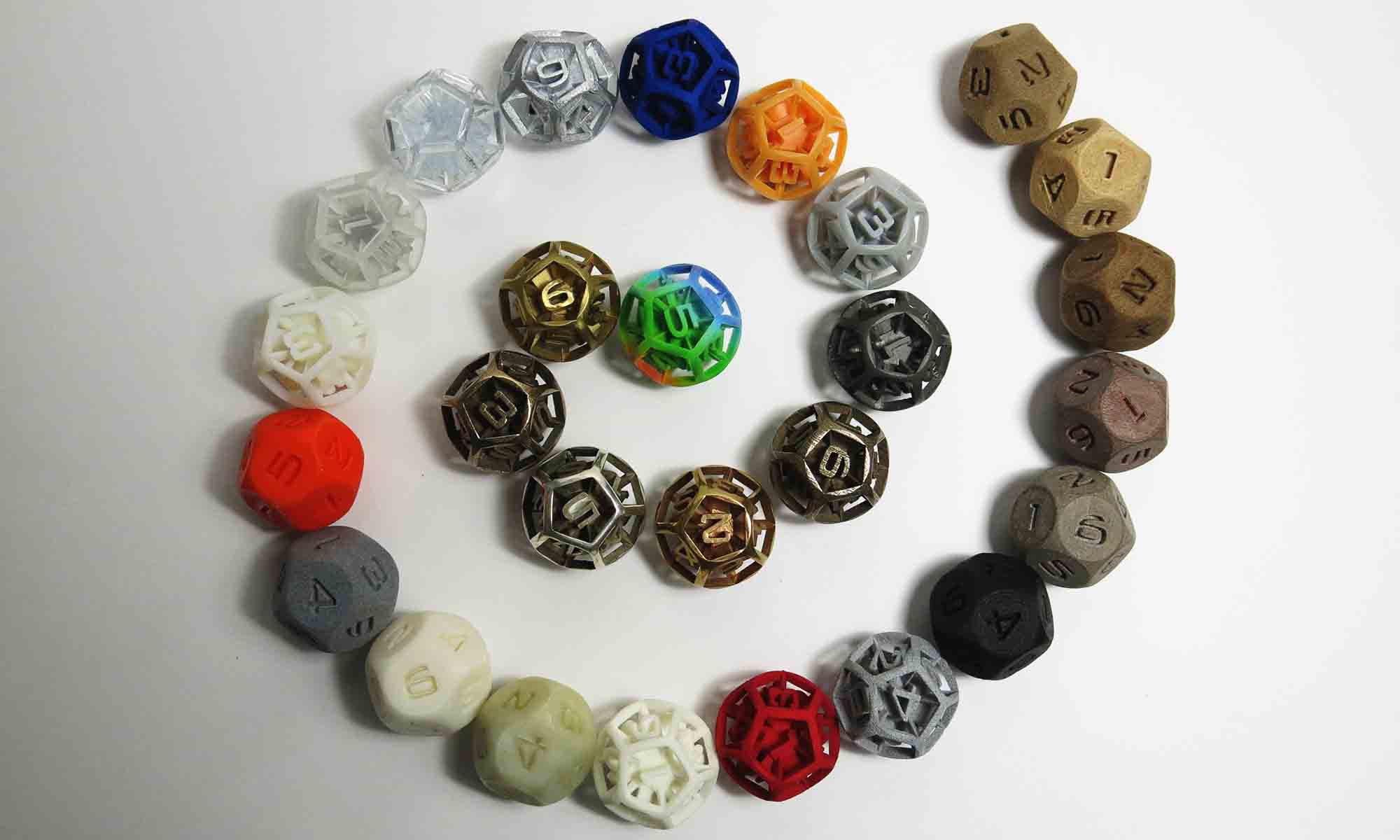

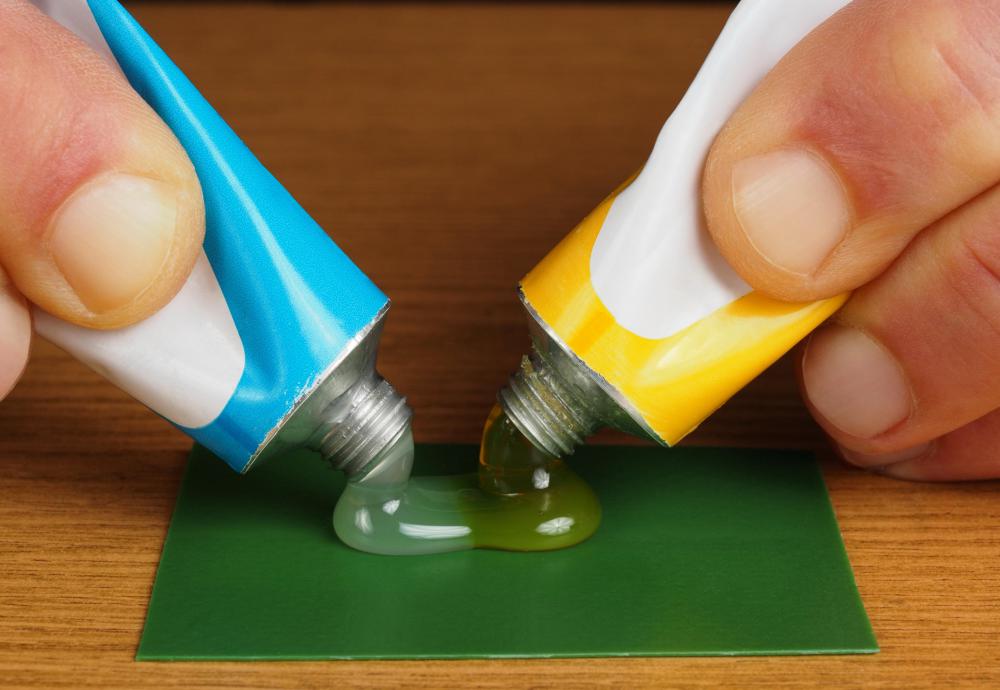
















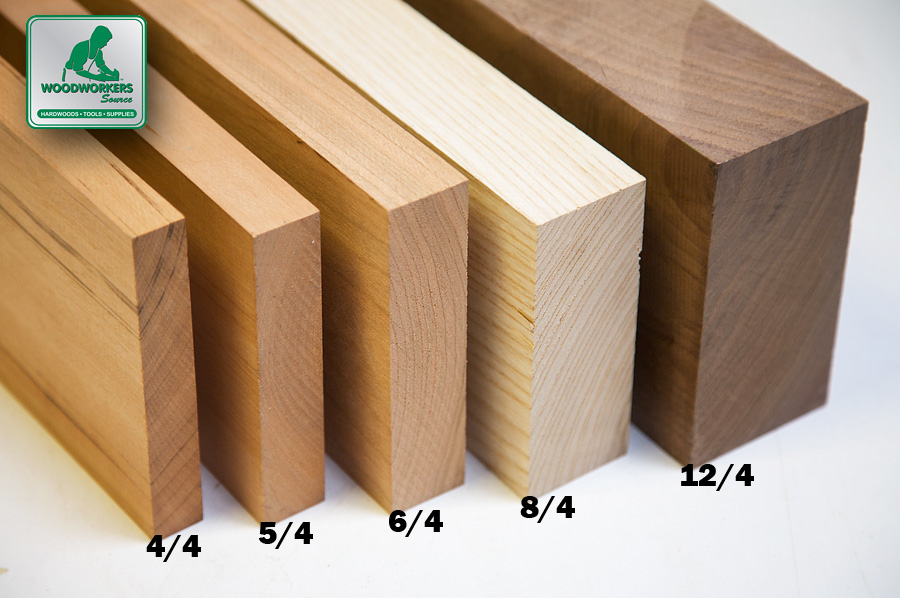
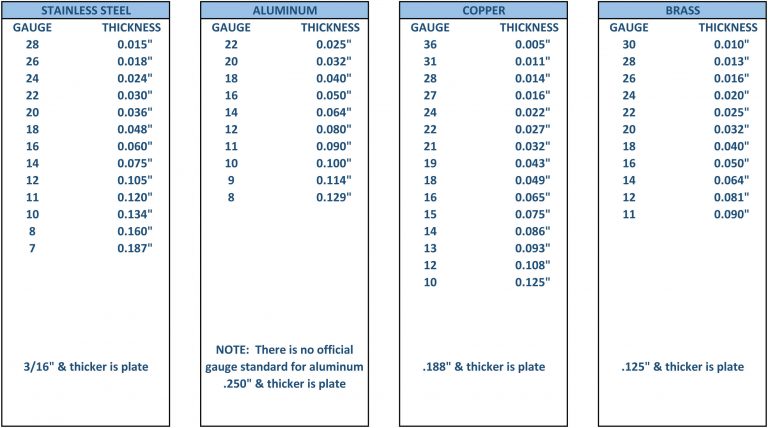

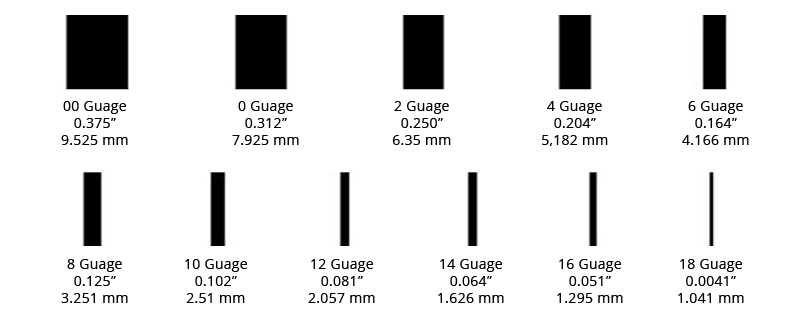
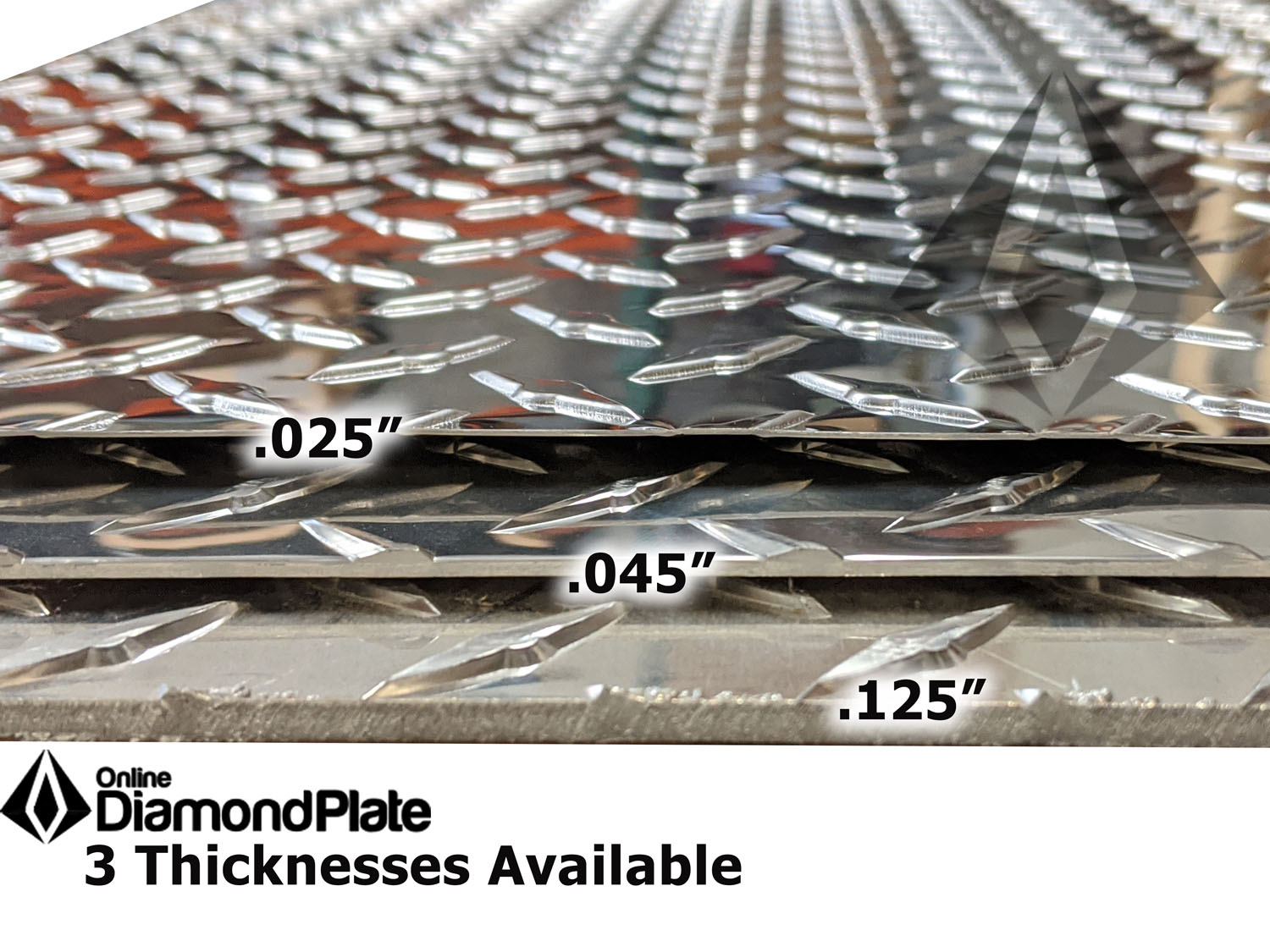

:max_bytes(150000):strip_icc()/standard-drywall-sizes-and-thicknesses-1822827_final-370b17269b774557950cf617db98717a.png)





